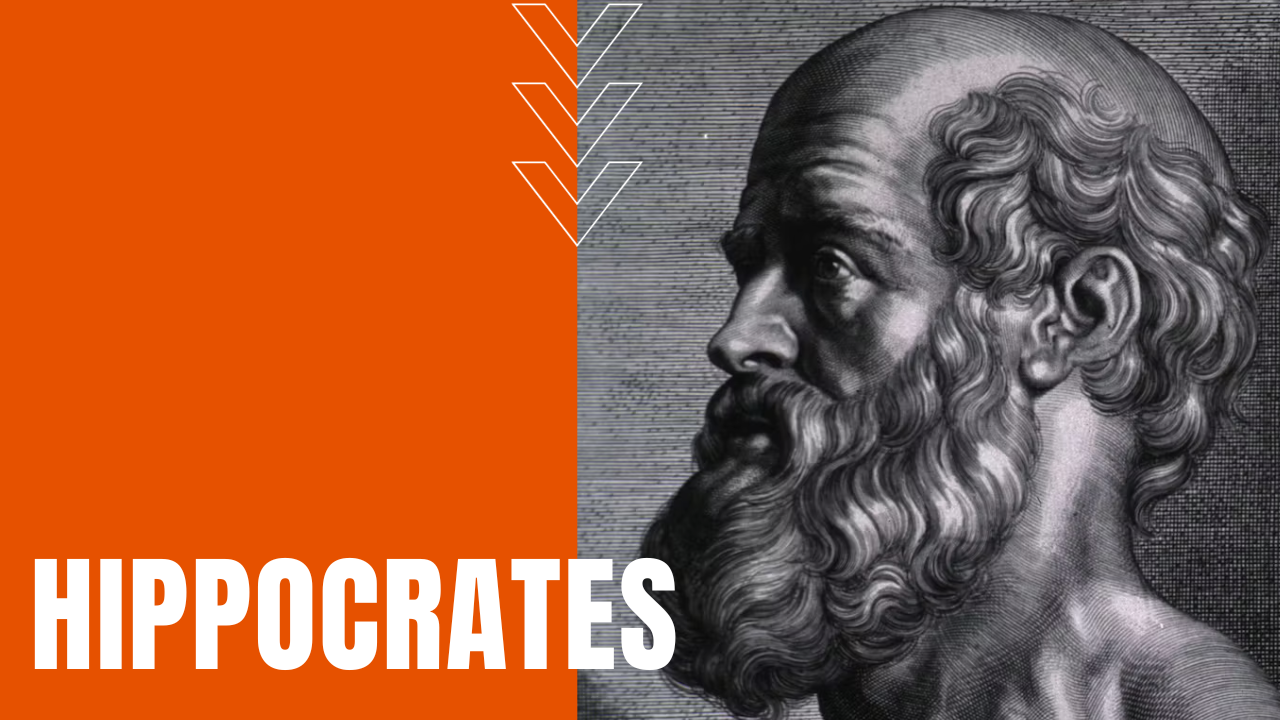Hippocrates: Father of Medical Ethics and Practice

Born in 460 BC on the Greek island of Kos, much of what we know about Hippocrates comes from a biography written by Greek physician Soranus, some 500 years after the famed physician’s death. Trained in medicine by his father and another physician named Herodicus, historians believe that Hippocrates practiced throughout the Greek mainland, and most likely in Libya and Egypt as well.
Early Medical School
Opening a school of medicine on his home island of Kos around 400 BC, Hippocrates passed his medical knowledge onto many physicians-in-training, including both of his sons, where he preached that diseases were caused by natural forces, rather than the result of angry gods as commonly believed during his time. He also performed dissections on animals to make comparisons with the human body, since Greek ethics of the day outlawed human dismemberment of any kind.
Hippocratic Corpus
Considered the oldest writings on the practice of medicine, his 60-volume Hippocratic Corpus was compiled some 100 years after his death, by a number of physicians practicing during and after Hippocrates’ lifetime, chronicling the great physician’s understanding of bodily functions and the nature of disease. Written for different specialties in medicine, including physicians, pharmacists and laypeople, Hippocrates strongly advocated that a healthy diet and regular physical exercise were the best remedy for most ailments, while plant-based medications were recommended only after diet and exercise failed to resolve a patient’s medical condition.
Common Sense Medicine
He also wrote about how joints could be repositioned, the importance of keeping records regarding patient histories and treatment regimens, as well as the impact of weather on certain diseases and medical conditions. Best known for his Hippocratic Oath—taken by most physicians upon their graduation into private practice— encouraging physicians to first do no harm, to practice to the best of their ability, to share their knowledge with other physicians, to prevent disease whenever possible, to respect a patient’s privacy, while showing sympathy, compassion and understanding to those patients in their care. He passed away in his early 80s in the ancient Greek town of Larissa, sometime around 377 BC, making Hippocrates, the founding father of ethical practices in medicine.
